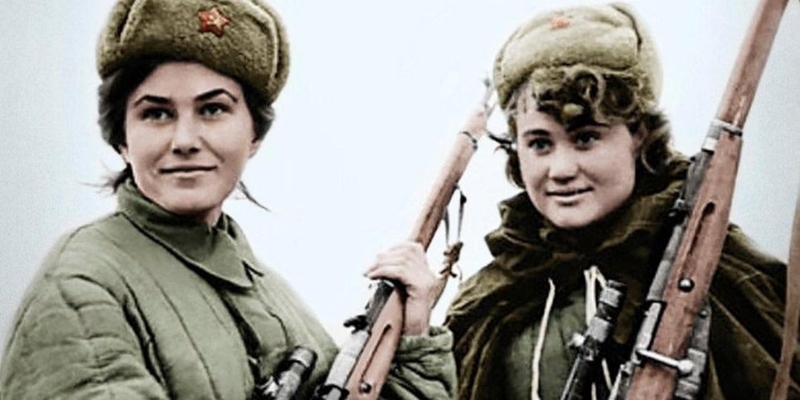Revisiting Svetlana Alexievich’s The Unwomanly Face of War During Russia’s War on Ukraine
This Week From the Lit Century Podcast
Welcome to Lit Century: 100 Years, 100 Books. Combining literary analysis with an in-depth look at historical context, host Catherine Nichols chooses one book for each year of the 20th century, and—along with special guests—takes a deep dive into a hundred years of literature.
*
In this episode, Catherine Nichols discusses Svetlana Alexeivich’s 1985 oral history The Unwomanly Face of War with author Megan Buskey. The conversation covers the ways World War II is remembered in Russia versus in the United States, the feminism of the 1970s that created an audience for a book of this kind—and the topics it can’t cover—as well as ways that the experiences of Soviet soldiers in World War II can shed light on the current war in Ukraine.
Subscribe and download the episode, wherever you get your podcasts!
From the conversation:
Catherine Nichols: She’s definitely an insightful listener to these stories. To the extent that she’s shaping the stories or that she’s just listening, you definitely have a feeling of—I feel like I know what it would be like to be in a room with her. It might be false, but I think at the end of the book, I had a feeling. You know what it was? It was partly a feeling of optimism about the project itself.
There’s something kind of optimistic about the idea that unsayable things could be said—and that the world was ready to hear things—that has things in common with feminism in the 1970s in other parts of the world also. The idea that if you can just say things clearly, if you can just say what has been unsaid for so long, then that alone is powerful enough to change things and to improve people’s lives. There’s something very hopeful about the project, even if it’s also devastating to read.
*
Megan Buskey is the author of Ukraine Is Not Dead Yet: A Family History of Exile and Return (ibidem, 2023). A former Fulbright Fellow to Ukraine, she has been traveling to and studying the former Soviet Union for 20 years. She has written for The Atlantic, The American Scholar, and The New York Times Book Review, among other publications.
Catherine Nichols is a freelance writer whose work has appeared in many places, including Jezebel, Aeon, and Electric Literature. She lives in Brooklyn.




















